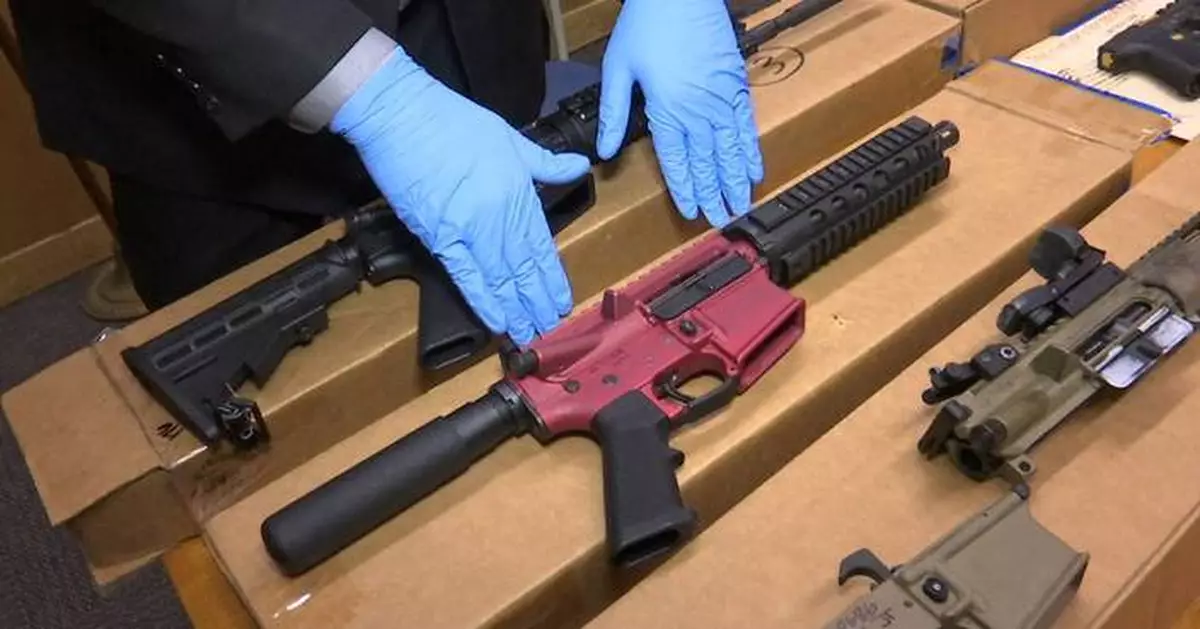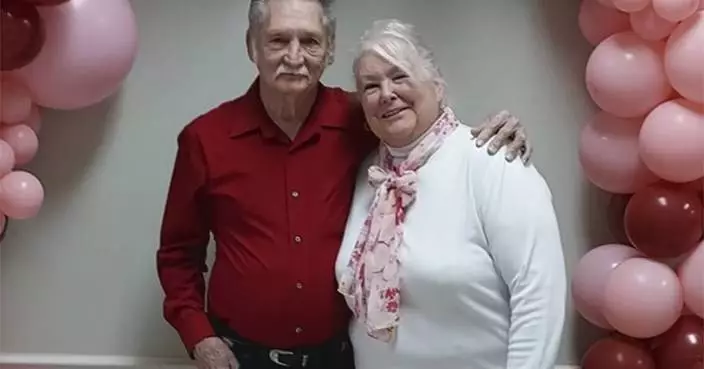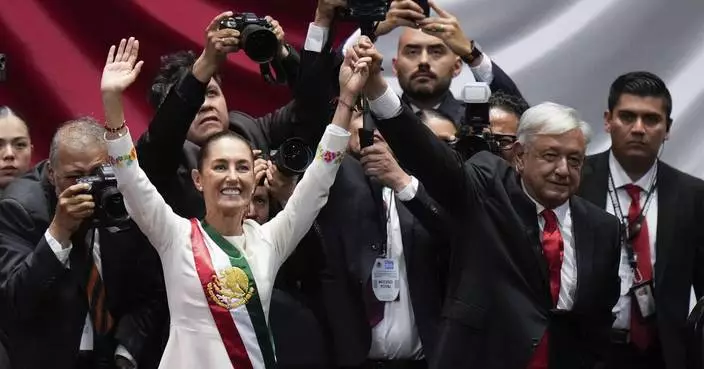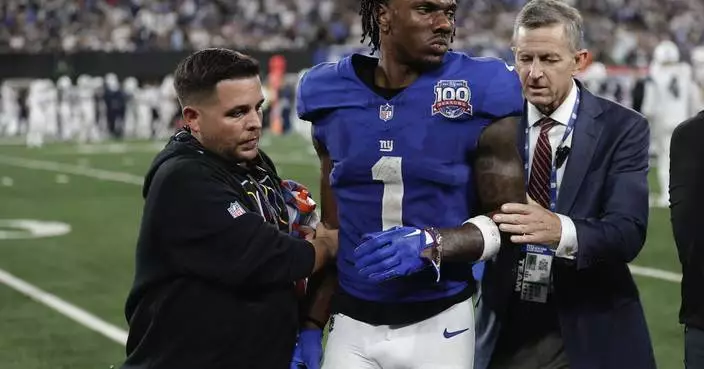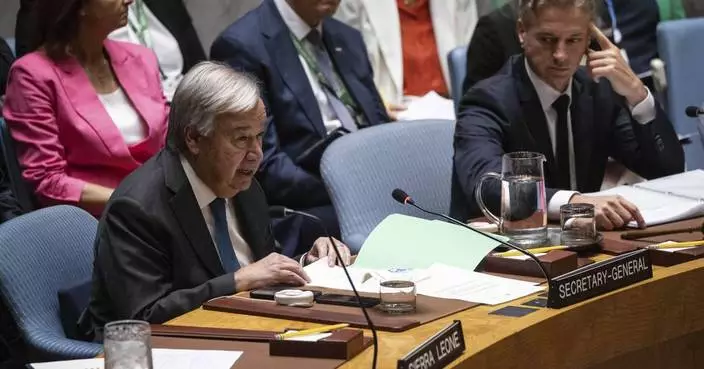BOSTON (AP) — Massachusetts Gov. Maura Healey took action Wednesday to immediately implement a sweeping new gun law that cracks down on privately made, unserialized “ghost guns,” criminalizes possession of bump stocks and trigger cranks and requires applicants for a gun license to complete live-fire training,
The new law was approved in July and was set to take effect later this month.
The action by Healey frustrates efforts by gun rights activists who had hoped to gather enough signatures to suspend the law before it took effect.
The law also expands the state’s “red flag” law to let police as well as health care and school officials alert the courts if they believe someone with access to guns poses a danger and should have their firearms taken away, at least temporarily.
“This gun safety law bans ghost guns, strengthens the Extreme Risk Protection Order statute to keep guns out of the hands of people who are a danger to themselves or others, and invests in violence prevention programs,” Healey said in a statement. "It is important that these measures go into effect without delay.”
Gun rights advocates have called the measure an “historic attack on our civil rights" saying it places unnecessary barriers to law-abiding residents seeking to own a gun.
Activists have been looking to suspend the law until voters can weigh in on a potential 2026 referendum that would repeal it. To keep it from taking effect, they needed to file at least 49,716 signatures from registered voters, which will also help guarantee the question is placed on the ballot.
Healey's decision to put the law into effect immediately blocks any temporary suspension of the law.
The law was enacted in part as a response to the Supreme Court’s 2022 Bruen decision declaring citizens have a right to carry firearms in public for self-defense.
A federal lawsuit also filed by gun advocates argues that the Massachusetts law is unconstitutional, characterizing it as “onerous firearms legislation that imposes sweeping arms bans, magazine restrictions, registration requirements, and licensing preconditions that are as burdensome as they are ahistorical.”
The suit — which cites the Bruen decision — asks the federal court to issue a temporary restraining order or preliminary injunction barring the state from enforcing the “burdensome licensing regimes on the possession and carry of firearms for self defense.”
The Massachusetts law prohibits people who aren’t part of law enforcement from carrying guns at schools, polling locations and government buildings. It also requires those applying for a license to carry firearms to demonstrate a basic understanding of safety principles and provides local licensing authorities with relevant mental health information.
District attorneys would be able to prosecute people who shoot at or near homes, which also seeks to ensure people subject to restraining orders no longer have access to guns.
The new law also expands the definition of “assault weapons” to include known assault weapons and other weapons that function like them. It bans the possession, transfer or sale of assault-style firearms or large-capacity feeding devices.
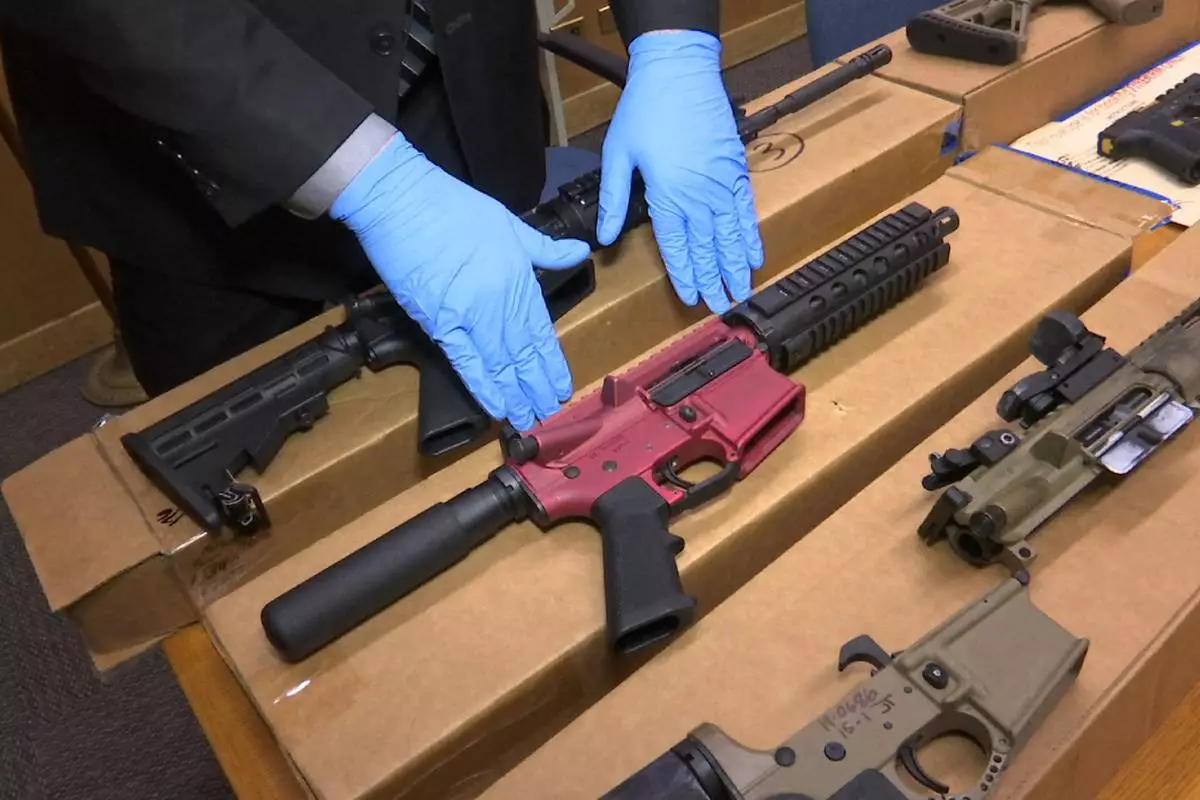
FILE — Ghost guns are displayed at the headquarters of the San Francisco Police Department, in San Francisco, Nov. 27, 2019. (AP Photo/Haven Daley, File)
WASHINGTON (AP) — Donald Trump laid the groundwork to try to overturn the 2020 election even before he lost, knowingly pushed false claims of voter fraud and “resorted to crimes” in his failed bid to cling to power, according to a newly unsealed court filing from prosecutors that lays out fresh details from the landmark criminal case against the former president.
The filing from special counsel Jack Smith's team offers the most comprehensive view to date of what prosecutors intend to prove if the case charging Trump with conspiring to overturn the election reaches trial. Though a months-long congressional investigation and the indictment itself have chronicled in stark detail Trump's efforts to undo the election, the new filing cites previously unknown accounts offered by Trump's closest aides to paint a portrait of an “increasingly desperate” president who while losing his grip on the White House “used deceit to target every stage of the electoral process.”
“So what?” the filing quotes Trump as telling an aide after being alerted that his vice president, Mike Pence, was in potential danger after a crowd of violent supporters stormed the U.S. Capitol on Jan. 6, 2021.
“The details don't matter,” Trump said, when told by an adviser that a lawyer who was mounting his legal challenges wouldn’t be able to prove the false allegations in court, the filing states.
The filing was submitted, initially under seal, following a Supreme Court opinion that conferred broad immunity on former presidents for official acts they take in office, narrowing the scope of the prosecution charging Trump with conspiring to overturn the results of the election he lost to Democrat Joe Biden.
The purpose of the brief is to convince U.S. District Judge Tanya Chutkan that the offenses charged in the indictment are private, rather than official, acts and can therefore remain part of the indictment as the case moves forward. Chutkan permitted a redacted version to be made public.
“Although the defendant was the incumbent President during the charged conspiracies, his scheme was fundamentally a private one,” Smith’s team wrote, adding, “When the defendant lost the 2020 presidential election, he resorted to crimes to try to stay in office."
Trump campaign spokesman Steven Cheung called the brief “falsehood-ridden” and “unconstitutional” and repeated oft-stated allegations that Smith and Democrats were “hell-bent on weaponizing the Justice Department in an attempt to cling to power.”
“The release of the falsehood-ridden, Unconstitutional J6 brief immediately following Tim Walz’s disastrous debate performance is another obvious attempt by the Harris-Biden regime to undermine American Democracy and interfere in this election."
The filing includes details of conversations between Trump and Pence, including a private lunch the two had on Nov. 12, 2020, in which Pence “reiterated a face-saving option” for Trump, telling him, “don’t concede but recognize the process is over,” according to prosecutors.
In another private lunch days later, Pence urged Trump to accept the results of the election and run again in 2024.
“I don’t know, 2024 is so far off,” Trump told him, according to the filing.
But Trump “disregarded” Pence “in the same way he disregarded dozens of court decisions that unanimously rejected his and his allies’ legal claims, and that he disregarded officials in the targeted states — including those in his own party — who stated publicly that he had lost and that his specific fraud allegations were false,” prosecutors wrote.
Trump’s “steady stream of disinformation” in the weeks after the election culminated in his speech at the Ellipse on the morning of Jan. 6, 2021, in which Trump “used these lies to inflame and motivate the large and angry crowd of his supporters to march to the Capitol and disrupt the certification proceeding,” prosecutors wrote.
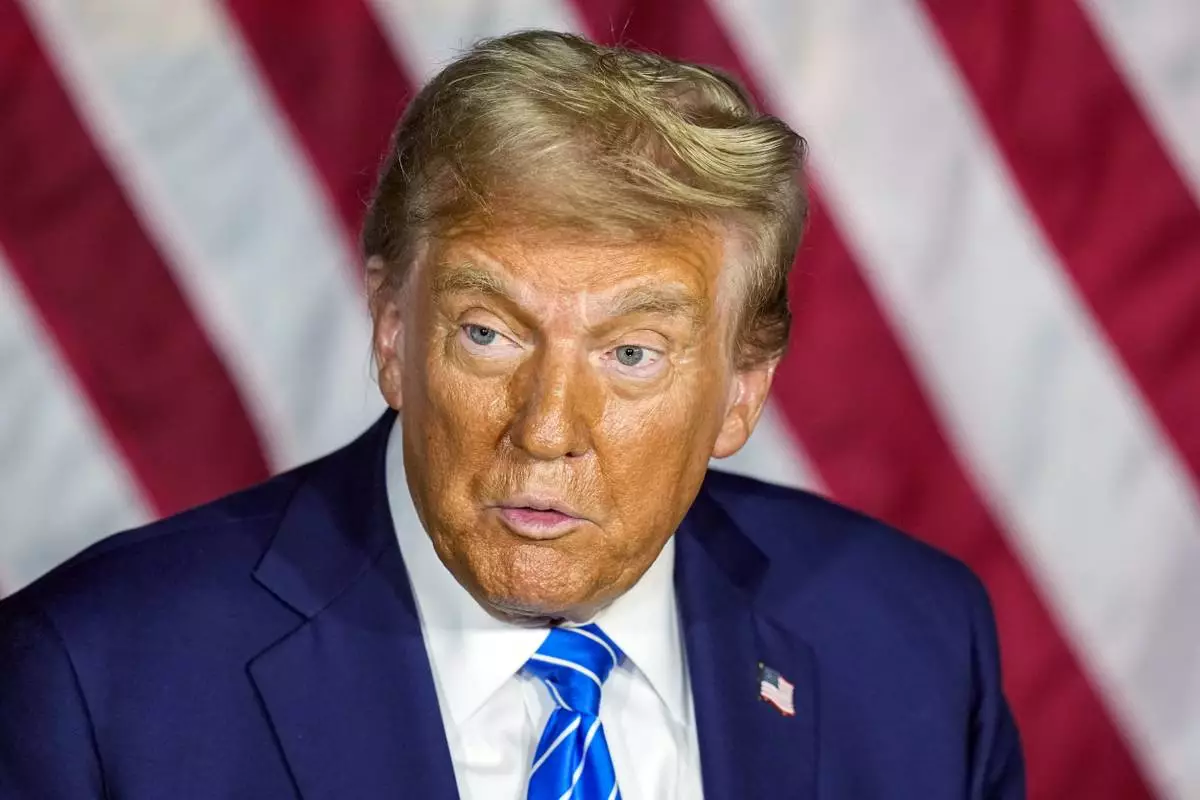
Republican presidential nominee former President Donald Trump speaks at a campaign event Tuesday, Oct. 1, 2024, at Discovery World in Milwaukee. (AP Photo/Andy Manis)



